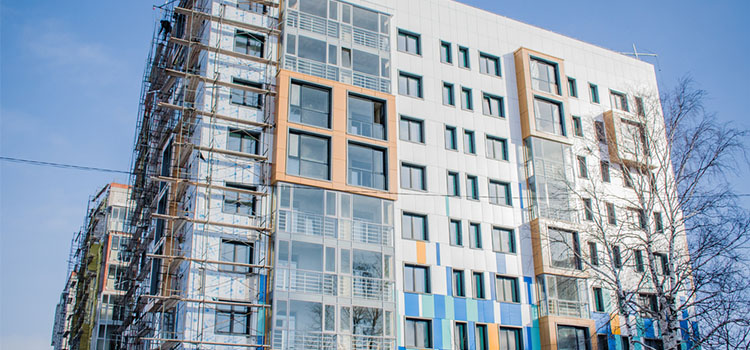
Government recommends ban on combustible cladding
In a move that has been backed by the RIBA, the government has recommended a ‘specific ban’ on the use of combustible cladding, as reported by the Architects’ Journal.
The ban would be on residential towers that are taller than 18m. The ban would not be implemented retroactively but would apply to buildings that have been planned but not yet started. Not only has the government made these recommendations, they have also launched a two-month consultation on the future of cladding materials.
It would mean making amends to Building Regulations 2010, imposing ‘unlimited fines’ to those who do not comply.
The RIBA has also called for the measure to be extended to all buildings over 18m high, rather than just residential.
Sir Ken Knight, a key government advisor who chairs the independent expert advisory panel on building safety, suggested the proposed ban should be limited to the specific cladding material used on Grenfell and other materials with a polyethylene core.
However, RIBA disagree.
Adrian Dobson, executive director of professional services at the RIBA, said: “RIBA does not support recent recommendation to continue to allow the use of combustible insulation on high rises.”
“Until major reform of the building regulations and construction industry culture takes place, the RIBA sees banning combustible materials in their entirety as the only viable option for cladding and insulation on high-rise buildings.”
Currently, regulations allow for combustible materials to be used on external surfaces of walls on high rises, if they pass a fire-safety test.
The changes proposed by the government would remove the option for developers to use desktop studies i.e. fire assessments undertaken without lab tests.
It is believed that the cladding used on the Grenfell Tower did not meet existing building regulations and should never have been used.


